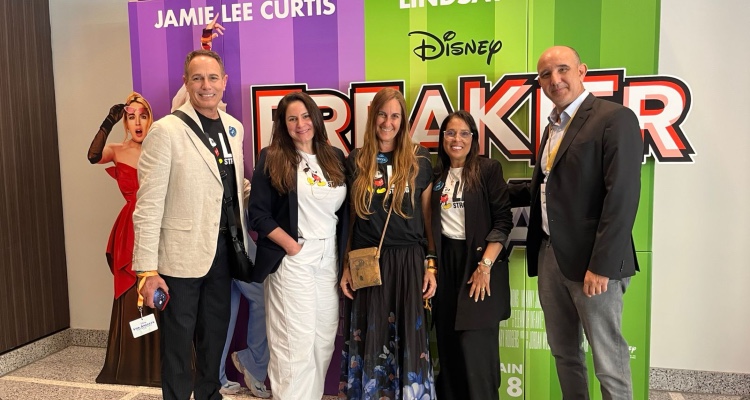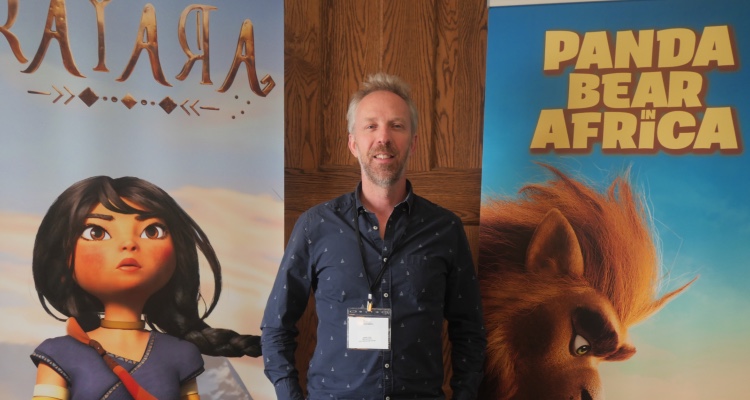The panel «Disappearing Borders: Asia x Hollywood» during the firts day of ATF 2024 yesterday, delved into the evolving relationship between the Asian and Hollywood entertainment industries, examining how collaborations are reshaping global storytelling. Featuring Donovan Chan (Beach House Pictures), Michelle K. Sugihara (CAPE), and Jaeson Ma (EST Media Holdings), the discussion highlighted both the opportunities and challenges of cross-border content creation.

Donovan Chan, Co-Founder of Beach House Pictures, reflected on his two decades in the industry, noting the shift in Hollywood’s approach to Asian content. While his early efforts faced limited interest, Chan now sees growing opportunities for authentic Asian stories to reach global audiences. Beach House Pictures has embraced partnerships with Hollywood talent, including Asian-American creatives, to adapt Asian narratives for Western viewers.
Chan emphasized the importance of cultural understanding and direct collaboration, urging international producers to set aside preconceived notions. He also stressed the need for original, cost-effective ideas tailored to platforms like Hulu and Netflix, rather than replicating past successes. For Chan, success lies in learning from mistakes, fostering mentorship, and maintaining open communication with partners.
Michelle K. Sugihara, Executive Director of CAPE, discussed the organization’s long-standing efforts to increase Asian representation in Hollywood. From the breakthrough success of Fresh Off the Boat to CAPE’s writing and directing programs, Sugihara highlighted how the industry has evolved. CAPE has supported writers who have gone on to contribute to major productions such as Grey’s Anatomy, House of the Dragon, and Pachinko.
However, Sugihara also pointed to a current industry contraction, with fewer projects in development compared to recent years. Despite this, she remains optimistic, underscoring CAPE’s commitment to building a sustainable ecosystem for Asian talent in Hollywood. International collaboration has also been a priority, with programs fostering exchanges between countries like Japan and the U.S., and ambitions to expand these initiatives to other nations.
Jaeson Ma, Chairman of EST Media Holdings, highlighted the pivotal moments that have cemented Asian content as a global force. He recounted how Crazy Rich Asians broke barriers by proving the universal appeal of a story centered on Asian characters. Similarly, global hits like Squid Game and Shogun have demonstrated the growing demand for Asian narratives on streaming platforms.
Ma also noted that Asia’s significant financial resources and government support have fueled this success. He cited South Korea as an example, where investments in culture have propelled K-pop, Parasite, and other content to international acclaim. Ma’s own ventures include co-productions with Saudi Arabia, such as K-Pops, which blends cultural elements from multiple regions to create diverse, globally relevant stories.
The panel underscored how shifting mindsets and increased openness to cross-border storytelling are shaping the future of content creation. While challenges like cultural differences and industry contraction remain, opportunities for collaboration, innovation, and representation continue to expand. As Asia and Hollywood deepen their partnership, the boundaries of global storytelling are disappearing, creating space for narratives that resonate across cultures and markets.







